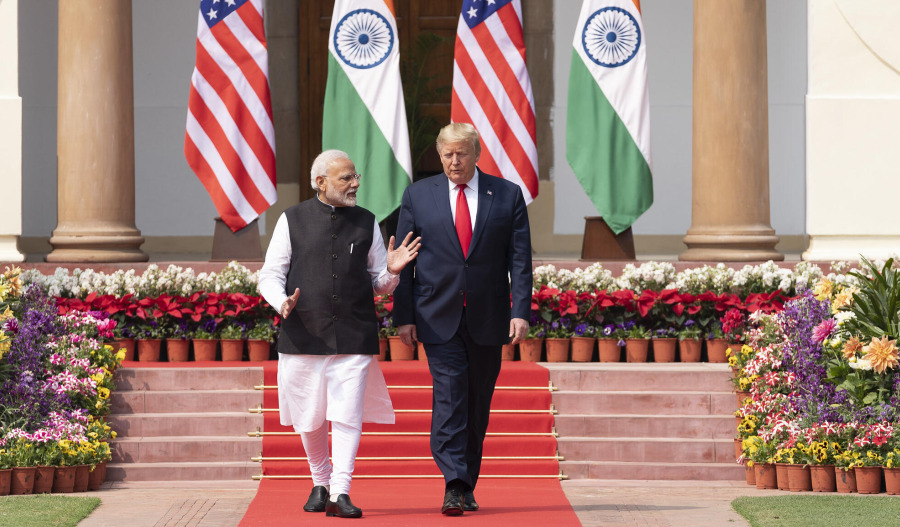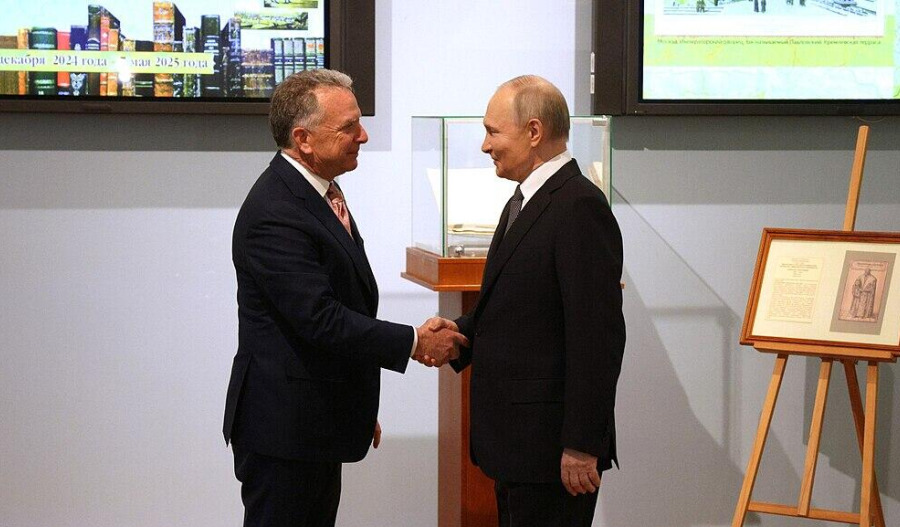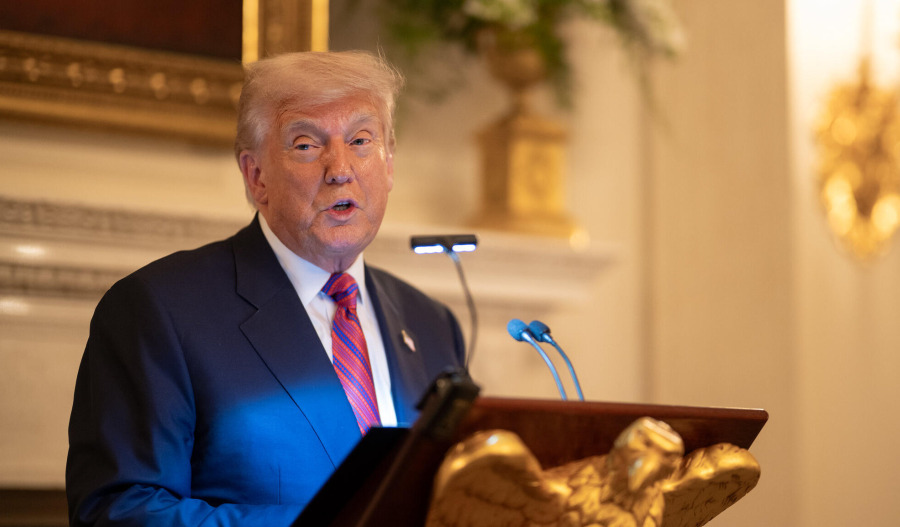Oil prices rebounded during Thursday's Asian session, breaking a five-session losing streak, as stronger-than-expected United States crude demand provided support despite lingering macroeconomic uncertainty tied to trade and geopolitical tensions.
By 3:15 pm AEST (5:15 am GMT), Brent crude futures rose 44 cents or 0.7% to $67.33 a barrel, while US West Texas Intermediate (WTI) crude was up 45 cents or 0.7% to $64.80.
The move comes after both benchmarks fell about 1% on Wednesday to their lowest in eight weeks, weighed down by comments from U.S. President Donald Trump suggesting possible progress in talks with Moscow.
A White House official said Trump could meet Russian President Vladimir Putin as early as next week. However, the administration continued preparing for additional secondary sanctions - including potentially targeting Chinese entities - to increase pressure on Moscow to end its war in Ukraine.
Russia remains the world’s second-largest oil producer after the U.S.
Analysts at ANZ wrote: “The U.S. continued pressuring trading partners to restrict purchases of Russian energy, to force the Kremlin into peace talks with Ukraine. Trump announced an additional 25% tariff on Indian goods in reprisal for its ongoing purchases of crude oil from Russia.
“However, the higher duty is not scheduled to come into effect for another 21 days, opening the door for possible negotiations. Reports also emerged that Trump plans to meet with President Putin as soon as next week, to be followed by a meeting with Putin and President Zelensky.
"This saw traders positioning themselves for the possibility of a softer stance on Russia than the White House previously telegraphed.”
Despite the geopolitical backdrop, the market found support from U.S. crude stockpile data. According to the Energy Information Administration, U.S. crude inventories fell by 3 million barrels to 423.7 million in the week ended 1 August, greater than expectations of a 1.1 million-barrel draw.
Still, concerns over escalating trade tensions weighed on broader sentiment. Trump on Wednesday announced a 25% tariff on Indian goods, citing the country’s continued imports of Russian crude.
The tariff, which takes effect 21 days after 7 August, adds to the growing list of trade actions taken under the administration’s assertive foreign policy.



